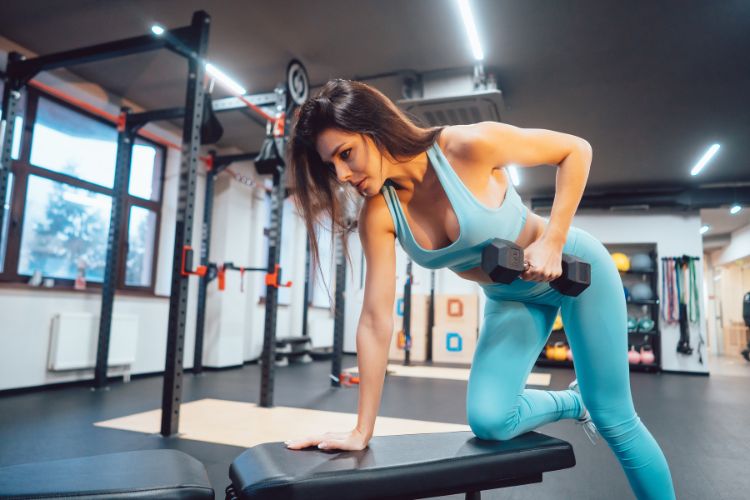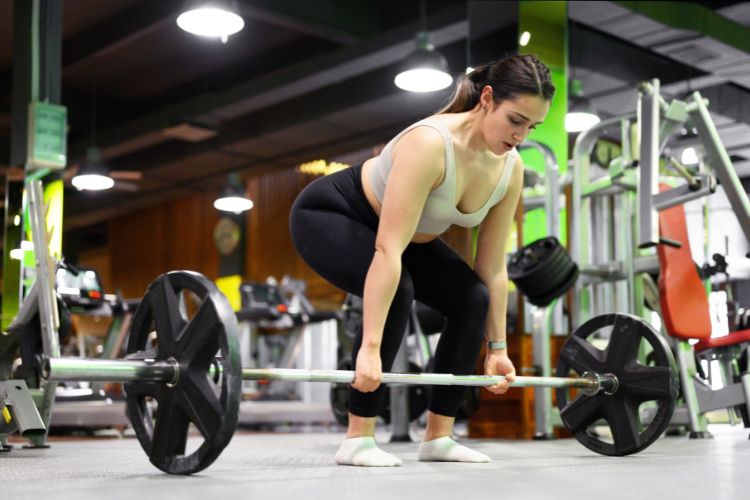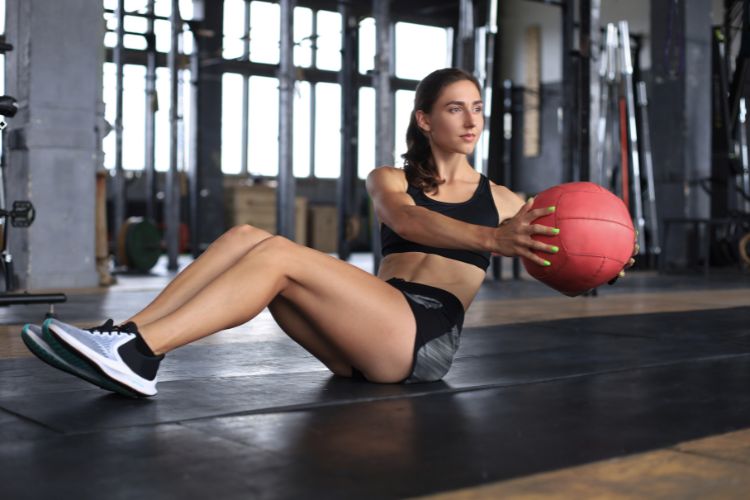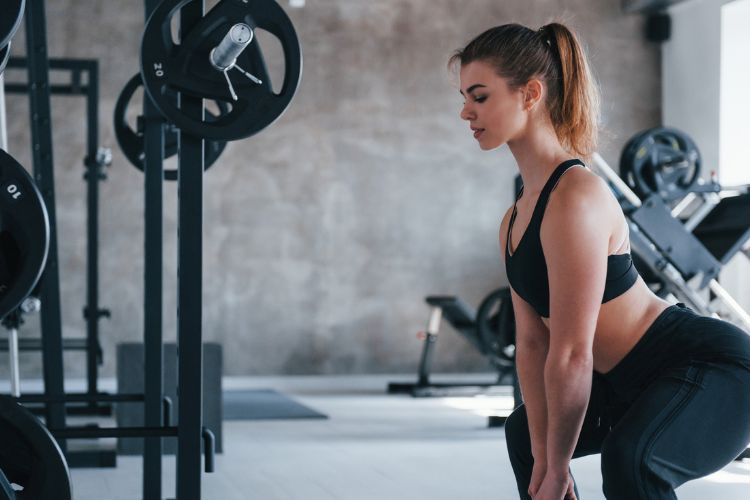Sign up for workout ideas, training advice, reviews of the latest gear and more.






Yoga, an ancient practice that originated in India, has gained immense popularity worldwide for its numerous physical, mental, and spiritual benefits. For beginners, starting a yoga practice can be both exciting and overwhelming. This comprehensive guide aims to simplify the journey for newcomers, providing essential information, tips, and guidance to help you get started and sustain your practice.
Yoga is a holistic discipline that combines physical postures (asanas), breathing techniques (pranayama), meditation, and ethical principles. The word “yoga” comes from the Sanskrit root “yuj,” which means to unite or join. It signifies the union of body, mind, and spirit. Yoga aims to promote overall well-being, balance, and harmony.
Yoga offers a plethora of benefits, making it a valuable practice for beginners and experienced practitioners alike. Some of the key benefits include:
Physical Health: Yoga improves flexibility, strength, and balance. It enhances cardiovascular health, boosts the immune system, and aids in weight management.
Mental Clarity: Regular yoga practice reduces stress, anxiety, and depression. It enhances mental focus, concentration, and memory.
Emotional Well-being: Yoga fosters emotional stability, self-awareness, and a positive outlook on life.
Spiritual Growth: For those inclined, yoga can deepen spiritual awareness and provide a sense of connection with the self and the universe.
There are various styles of yoga, each with its own focus and approach. Some popular styles include:
Beginners should choose a style yoga that aligns with your fitness level, goals, and personal preferences.
A qualified yoga instructor can provide valuable guidance, ensuring you perform postures correctly and avoid injuries. Look for certified instructors with experience in teaching beginners. Many studios offer beginner classes, which can be a great way to start.
Set up a dedicated space for your yoga practice at home. Ensure the area is quiet, clean, and free from distractions. Use a non-slip yoga mat for comfort and safety.
Opt for comfortable, breathable clothing that allows you to move freely. Avoid tight or restrictive outfits. Many brands offer specialized yoga attire designed for flexibility and comfort.
Mountain Pose is a foundational posture that promotes proper alignment and balance. To perform this pose:
This pose stretches the entire body and helps build strength. To perform Downward-Facing Dog:
Child’s Pose is a restorative posture that relaxes the body and mind. To perform this pose:
Warrior I strengthens the legs and opens the chest and hips. To perform this pose:
Tree Pose improves balance and concentration. To perform this pose:
Breathing is a fundamental aspect of yoga for beginners that enhances relaxation and concentration. Some basic breathing techniques include:
Ujjayi breath involves deep, rhythmic breathing through the nose. To practice Ujjayi breath:
This technique involves deep breathing using the diaphragm. To practice diaphragmatic breathing:
Meditation is an integral part of yoga that calms the mind and enhances self-awareness. Beginners can start with simple meditation techniques:
Mindfulness meditation involves focusing on the present moment without judgment. To practice mindfulness meditation:
Guided meditation involves listening to a recorded voice or instructor who leads you through a series of visualizations and relaxation techniques. Many apps and online platforms offer guided meditation sessions for beginners.
Consistency is key to reaping the benefits of yoga. Here are some tips to help you establish and maintain a regular practice:
Start with achievable goals, such as practicing yoga for 10-15 minutes a day. Gradually increase the duration and intensity of your sessions as you become more comfortable.
Schedule your yoga practice at a specific time each day. Consistency will help make yoga a habit and a part of your daily routine.
Pay attention to your body’s signals and avoid pushing yourself too hard. If a pose feels uncomfortable or painful, modify it or skip it altogether. Yoga should never cause pain.
Progress in yoga can be slow and gradual. Be patient with yourself and celebrate small achievements. Persistence will lead to noticeable improvements over time.
Many beginners worry about not being flexible enough for yoga. Remember, flexibility is not a prerequisite but a benefit of yoga. With consistent practice, your flexibility will improve.
It’s natural to feel self-conscious when starting something new. Remember that yoga is a personal journey, and everyone progresses at their own pace. Focus on your practice and avoid comparing yourself to others.
Relaxation is a skill that improves with practice. Incorporate relaxation techniques, such as deep breathing and guided meditation, into your routine to help calm your mind and body.
Staying motivated can be challenging, especially when progress seems slow. Join a yoga community, attend classes, or find a yoga buddy to keep you motivated and accountable.
Yoga is a transformative practice that offers countless benefits for beginners. By choosing the right style, finding a qualified instructor, and creating a comfortable practice space, you can embark on a fulfilling yoga journey. Remember to start with basic poses, incorporate breathing techniques and meditation, and stay consistent in your practice. Overcoming common challenges with patience and persistence will lead to a rewarding and enriching yoga experience. Embrace the journey, and let yoga bring balance, peace, and well-being into your life.
Stay up to date on the latest women’s health, fitness and lifestyle trends and tips.